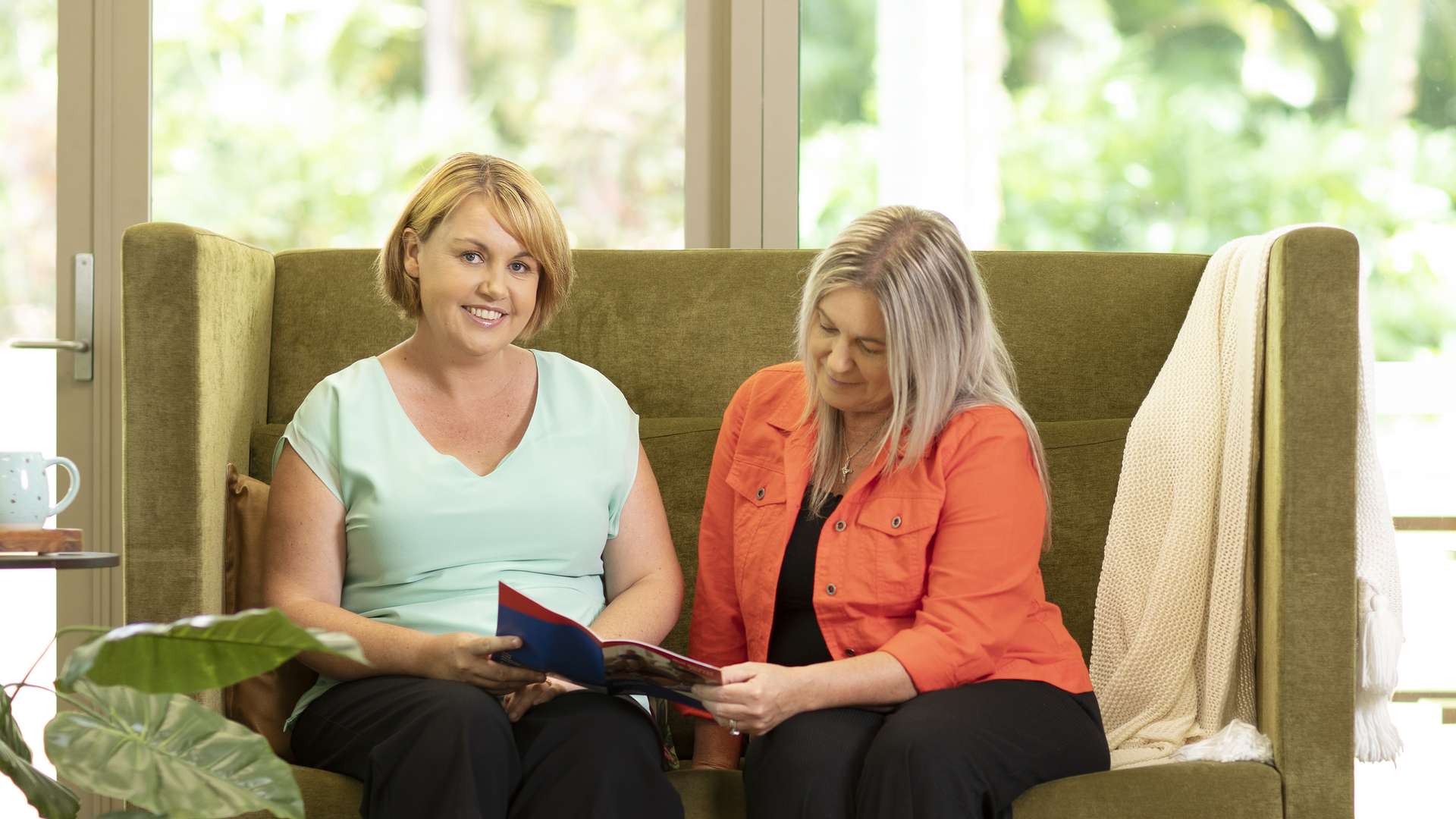Bachelor of Psychological Science
Rank threshold
ATAR: 62 SR: 62
Duration
3 years full-time, 6 years part-time
Location
Online
Next start term
Term 3, 2025
Study mode
On Campus, Online
Course code
CC43
First-year fee
$16,992 (Indicative) (CSP)

Overview
Study Experience
Discover more about your psychology degree, offering flexible study options and seamless pathways to your career as a Registered Psychologist. Click 'Explore Study Experience' for more information.
- Accredited Qualification
- Authentic Learning Experiences
- Global Experiences
- Online or On Campus
- Seamless Pathways
- Study Full-time or Part-time
Structure & Availability
Requirements
Fees & Scholarships
Please Select
